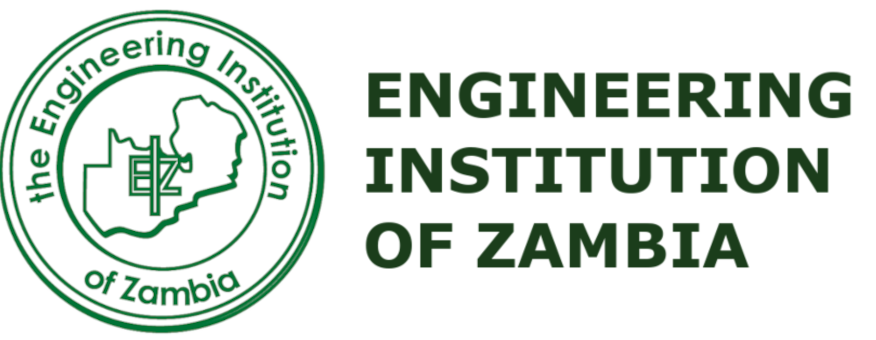The Engineering Institution of Zambia (EIZ) endeavours to help its members maintain and develop relevant skills and knowledge to ensure they continue to work effectively as professionals, regardless their career path. Through its CPD training programs, EIZ members are able to enhance their skills and knowledge which enhances their competitiveness in both the local and foreign labour markets.
What is CPD
Continuing Professional Development (CPD) represents the active pursuit of professional excellence, empowering EIZ members to expand their technical expertise, leadership capabilities, and innovative thinking across all career stages. This strategic approach to lifelong learning ensures members remain industry-relevant, adaptable to evolving challenges.
Why is CPD Critical for EIZ Members
It is important that EIZ members remain competent and develop new skills to remain effective in their jobs and careers. This will help maintain members employability and their reputation with employers, clients and the public. It will also help maintain institution’s reputation for producing and supporting high calibre engineering professionals.
Who is Eligible for CPD
All members who are obliged to pay annual subscriptions to the Engineering Institution of Zambia, both local and expatriates, are required to undertake Continuing Professional Development in matters appropriate to their fields of practice or occupation from 2022 onwards.
CPD Routes for EIZ Members
CPD requirements can be fulfilled through three flexible routes: the Unit Route (40 annual units, including 21 verifiable activities), Non-Verifiable Activities (professional reading, networking), or by adhering to an External Regulatory Body’s scheme compliant with EIZ International Engineering Standards
Making an Annual CPD Return
All members are required to make a CPD return on an annual basis. This has to be done no matter which route to CPD one follows, and even if one has been granted a waiver. The Annual Return can be done by completing a paper form which will be sent to members towards the end of each CPD year, or by a member asking EIZ to send him/her the form at any point that it is required.
Retention of CPD Activity Evidence
EIZ Members are required to maintain a portfolio of evidence. Members belonging to other engineering regulatory body, which is compliant with the international engineering standards, and choose to follow that body CPD scheme, must maintain evidence consistent with their body requirements. All Evidence must be kept for a three-year period for monitoring purposes.
What is the process for monitoring CPD?
The Engineering Institute of Zambia (EIZ), through the MCPD subsections, will conduct audits of members CPD returns by selecting a proportion of members’ records to review annually. Members sampled will have to provide evidence to support their CPD return.
What is the CPD return process for EIZ members
All actively working EIZ members, including those granted waivers or pursuing non-traditional development routes, must submit an annual CPD return. This ensures consistent documentation of professional growth, compliance with institutional standards, and alignment with industry benchmarks.
How Does EIZ Support its Members with CPD
EIZ through its various Branches, Sections and Secretariat are dedicated in ensuring EIZ members professional development. These organs work together to ensure that they organize various CPD programs for the benefit of members. These programs are advertised on platforms such as Facebook, radio stations.
EIZ-PMI Professional Development Partnership: 2025 Structured CPD Training Program
2025
March
Effective Strategies for Bid Preparation and Submission in Zambian Public Procurement.
April
Project Management: Techniques for effective project planning and execution and Networking Skills: Building professional relationships within the industry.
June
Built Environment Technology and Innovation Pro- PMI and Microsoft Excel Training for Engineering Professionals: Basic, Intermediate, Advanced and Financial Modelling.
July
Contract and Risk Management in the Built Environment- PMI and Fundamentals of Finance for Non-Finance Professionals
August
Public Speaking and Communication Skills: Develop skills for effective public speaking and clear communication to inspire teams and convey important messages confidently.
September
Entrepreneurship and Leadership- Conflict Resolution: Learn techniques for effectively managing and resolving conflicts within teams, turning potential disputes into opportunities for growth.
October
Leadership- Emotional Intelligence (EQ): Explore how leaders can develop emotional intelligence to better understand and manage their own emotions and those of their team members, fostering a supportive work environment.
November
Emerging Technologies: Understanding AI's role in automating processes, predictive maintenance, and enhancing design capabilities is essential.
Exploring Internet of Things (IoT) applications in monitoring and controlling infrastructure can help engineers optimize maintenance schedules and improve operational efficiency.
December
Ethics and Professional Conduct: Essentials for maintaining integrity and responsibility within the profession.
